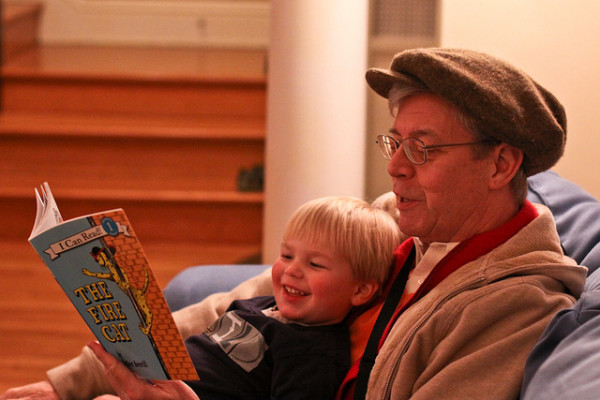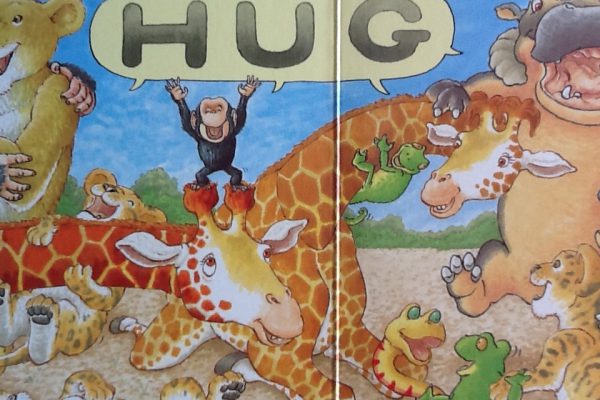
My six-year-old daughter loves Sesame Street. I dread the day she feels too mature for the silly muppets with their quirky personalities, multicultural community, easy jokes, and advanced vocabularies. Watching it with her brings back many innocent childhood memories, and I love sharing that with her.
Over the years, she has received countless Sesame Street books. We have Sesame books about everything – pet care, sharing, school, nursery rhymes, fairy tales, and every holiday. The rhyming patterns, word choice, and gentle messages made them fun to read together and now are confidence boosters as she reads alone (not only because she has them memorized). My favorite by far is What Makes You Giggle?
Driving before the holidays, listening to the radio station playing nonstop Christmas music, we heard a radio spot for the morning show. In it, one host emphatically answered his cohost’s question with “I don’t read.”
My Sesame-loving child commented on how sad it was that this man did not like books. Sensing a teachable moment, I told her I would write a letter telling him about CLiF and how we want kids to love reading and how important parents are to inspiring successful readers.
I waited a few days and wrote a gentle email including the statistics that guide CLiF’s work. He wrote back saying I had no sense of humor. (Though in his defense, a few days later he did follow his not-so-gentle reply with an unprompted apology and acknowledged the importance of reading.)
 He did make me think about how I teach my daughter a sense of humor. Research shows kids with a well-developed sense of humor are generally healthier, have higher self-esteem, and can better handle adversity. Humor is a learned quality, and it is a skill to laugh at your quirks, mistakes, and opinions without sacrificing your beliefs and abdicating responsibility.
He did make me think about how I teach my daughter a sense of humor. Research shows kids with a well-developed sense of humor are generally healthier, have higher self-esteem, and can better handle adversity. Humor is a learned quality, and it is a skill to laugh at your quirks, mistakes, and opinions without sacrificing your beliefs and abdicating responsibility.
Kids take cues from their parents on the appropriateness of content and timing of jokes. I found this helpful article by teacher and researcher Dan Holt that outlined destructive and constructive humor and the “rights” of humor (right person, right type, right amount, right route, and right time). Since those “rights” will be different for everyone, it explains so much about why our senses of humor differ so much and why humor can contribute to conflict and to stress relief.
For now I am glad my daughter still loves Sesame. Who can not grin, giggle, chuckle, smile, laugh, whoop, squeal, snicker, guffaw, tee-hee, or titter at Big Bird in a tutu doing a spin (laughter synonyms from What Makes you Giggle?).
Sesame Street not your thing? CLiF has booklists of humorous picture books, easy readers, early chapter books, chapter books, and graphic novels.
Photo by Jessica Lucia via Creative Commons.



